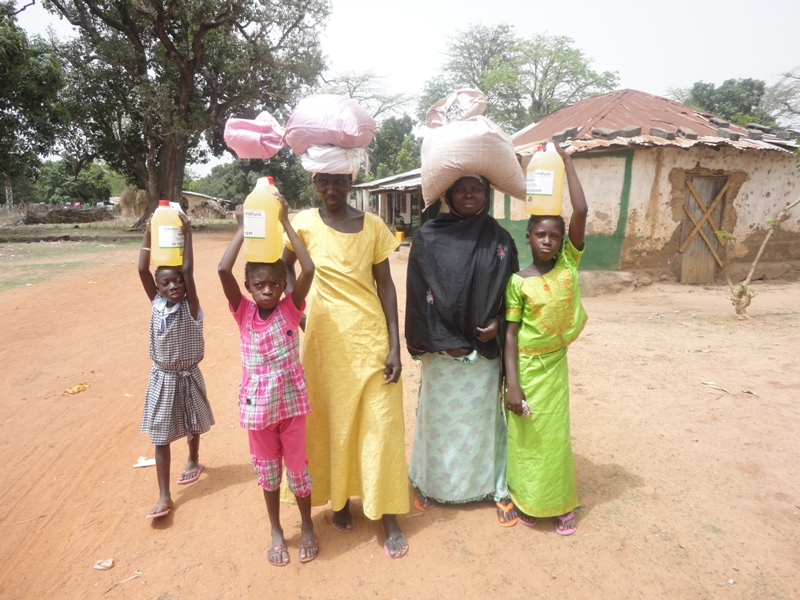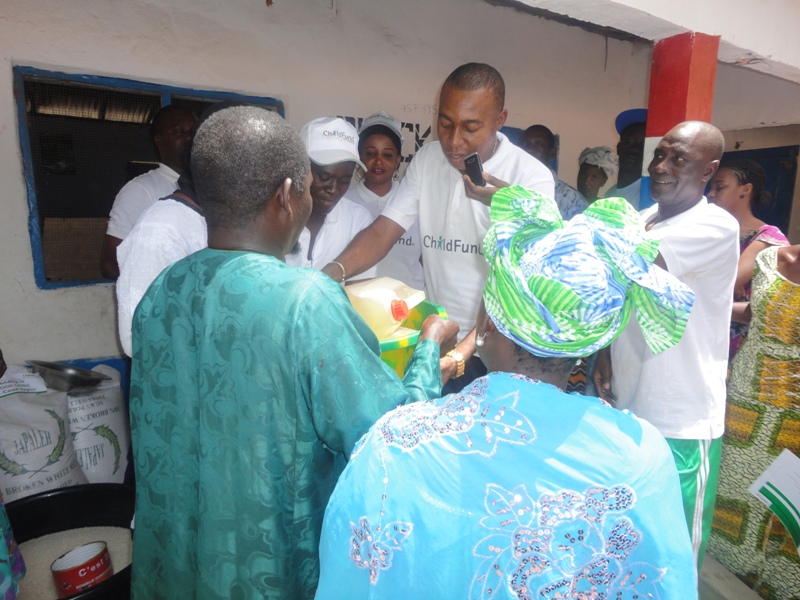
Among the cruelest of ironies may be this fact: countries least prepared to deal with natural disasters seem the most susceptible to them. The earthquake in Haiti, the typhoon in the Philippines, the floods in Thailand -- collectively they killed thousands of people, left many more homeless and put a colossal strain on economies trying to turn the corner on self-sufficiency.
We know that such disasters erase years of progress. Child mortality rates, for example, which over the past two decades have shown a significant decline, tend to reverse in the wake of disasters. It is a statistic that amplifies one of the often overlooked consequences of a natural disaster -- the heightened vulnerability of children. Children are victims of not only the catastrophes themselves, facing the same post-disaster hardships as the adults around them, but they are exceedingly more exposed to longer-term after-effects, especially given the impact such events can have on their growth and development.
That is now the case in western Africa, where the Gambia faces an acute food shortage due to a sustained drought. Poor and inconsistent rainfall over the past two years has led to massive crop failure, putting as many as 700,000 people at risk. Earlier this spring, the government declared a crop failure emergency.
ChildFund The Gambia and its local partners provide food to a family affected by a food crisis in the area.
The situation has had tragic, though familiar, consequences. Many heads of families have left their rural villages to seek paying jobs in urban areas, and this massive migration is overwhelming the government's capacity to cope. Facing starvation, many of those left behind have taken to eating the seeds intended for planting next season's crop. Such actions are turning a short-term crisis into a protracted one.
Children of the Gambia are bearing the brunt of the crisis, both physically and emotionally. They are most susceptible to disease and infections, especially when they are malnourished. And with many adults seeking work elsewhere, children are often forced to leave school to try to earn income for their families. They forage in the bush for firewood, nuts and berries to sell. It's dangerous work, but so is their life at home. The economic pressures on families often lead to child abuse and exploitation.
What all of this means is that during times of crisis children are denied the opportunity to be kids, which first and foremost should include the capacity to grow and develop. We know from research that when children's cognitive development is interrupted or delayed, they often can't catch up. These gaps in development become permanent barriers to their ability to reach their full potential. So as a practical matter, children who drop out of school to help their families earn a living either never return to their education or, if they do, return with a reduced ability to learn. The hopes they had to make a better life for themselves become a lasting casualty of whatever crisis waylaid their schooling. In effect, one crisis begets another.
We understand this threat, and the crisis plan that ChildFund has in place today in the Gambia addresses both the immediate and long-term needs of the children. By improving access to food and clean water -- as well as providing seed and fertilizer for next season's crops -- we are reducing the need for parents to leave their villages to find work and alleviating the economic burden on them so they can keep their children in school. We also are setting up child-friendly centers to provide continuity for children's studies as well as a place where they can play, which is another essential component of development.
ChildFund The Gambia and its local partners respond to a food crisis that has hit many families living in its area of operations.
Hit by a natural disaster, developing countries often go into survival mode. Their citizens focus on their immediate needs of getting through to the next day. While that is, understandably, their foremost priority, ours must take a longer view. Beyond helping the victims survive the crisis healthy and intact, we must help these countries preserve and sustain the gains they have made over many years. And just as importantly, we must ensure that the children of these nations do not bear abiding, irreversible burdens. The growth and development of a country's children is its currency for the future. Denying them the opportunity to blossom would be the biggest disaster of all.
Follow Anne Goddard on Tumblr: www.annegoddard.tumblr.com.

